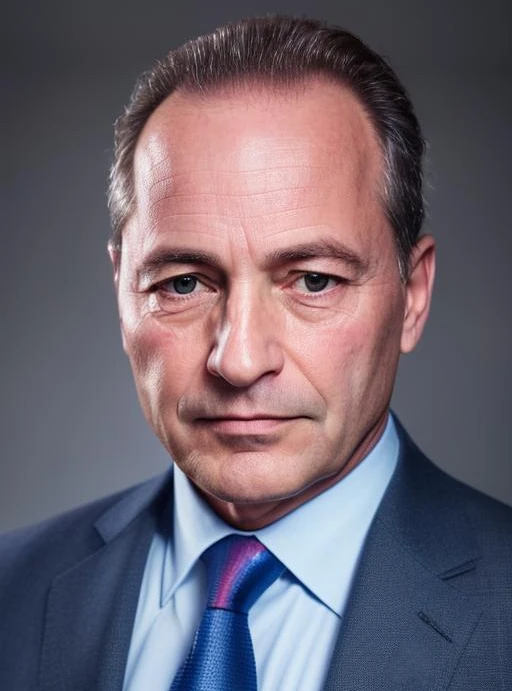One of the most fiercely debated issues of the current era is what to do about "bad" speech on the internet, particularly on social media platforms.
Problematic language, including hate speech, disinformation, and propaganda have been around throughout human history. But, in recent decades, they have been amplified and fundamentally transformed by the advent of the internet. On Social Media, a lie travel halfway around the world while the truth is still in its infancy. Misinformation, misrepresentation, and disinformation are a problem as are crypto scams frauds, hate speech, sex marketing and romance scams.
Free speech is an ideal supported by large citizen majorities in countries from all around the world. There are, however, so worrying signals.
In most countries, the support for free speech is nothing less than inconsistent, and there is strong skepticism about types of free speech either propaganda, hate speech or disinformation. While people in most countries think that criticism of the government should be allowed, many are unwilling to allow statements that are critical or insulting of groups, their religion, or the nation. Moreover, citizens do not always prioritize free speech when there is a potential trade-off with other things they value, such as national security, good health, personal profit, and the economy.
In most countries around the world, including Canada and the United States, the support for free speech might be shallower than one would expect. While many countries, including Canada and the United States often pride themselves on upholding free speech as a fundamental right, the reality is often more complex.
Here's a deeper exploration:
Legal Restrictions
Despite constitutional protections, both Canada and the United States have legal limitations on free speech. These can include laws against hate speech, defamation, obscenity, and incitement to violence. The interpretation and enforcement of these laws can vary, leading to debates about where the line should be drawn between free expression and harmful speech.
Social Pressures
Beyond legal constraints, there are significant social pressures that can discourage certain forms of speech. In the age of social media, individuals face intense scrutiny for expressing unpopular or controversial opinions. This can lead to self-censorship as people fear backlash, ostracism, or even threats to their livelihoods.
Corporate influence:
The dominance of tech giants in online discourse introduces a new dimension to the issue. Platforms like Facebook, Twitter, and YouTube have immense power to shape the boundaries of acceptable speech through their content moderation policies. Critics argue that these policies often reflect the biases and interests of the companies rather than a commitment to free expression.
Cultural Sensitivities
Canada and the United States are diverse societies with complex histories of oppression and marginalization. In this context, debates about free speech intersect with discussions about power, privilege, and social justice. Some argue that certain forms of speech, such as hate speech or cultural appropriation, perpetuate harm, and should be restricted in the name of equity and inclusion.
Selective Enforcement
There are concerns that free speech protections are not applied consistently, leading to a perception of hypocrisy or double standards. For example, marginalized groups may feel that their speech is policed more aggressively than that of dominant groups, reinforcing existing inequalities.
Threats to Democracy
In recent years, there has been growing concern about the erosion of democratic norms, including respect for free speech. Authoritarian tendencies, polarization, and the spread of disinformation pose significant challenges to open discourse and civic engagement.
In summary, while most people of most countries in the world including Canada and the United States may espouse support for free speech, the reality is nuanced. Legal restrictions, social pressures, corporate influence, cultural sensitivities, selective enforcement, and broader threats to democracy all contribute to a landscape where the right to free expression is often more limited and/or suppressed than it appears on the surface.
Michel Ouellette JMD, ll.l., ll.m.
JMD Live Online Subscription link.
J. Michael Dennis, ll.l., ll.m.
Business & Corporate Strategist
Systemic Strategic Planning
Quality Assurance, Occupational Health & Safety, Environmental Protection, Regulatory Compliance, Crisis & Reputation Management
Skype: jmdlive
Email: jmdlive@jmichaeldennis.live
Web: https://www.jmichaeldennis.live
Phone: 24/7 Emergency Access
Available to our clients/business partners


